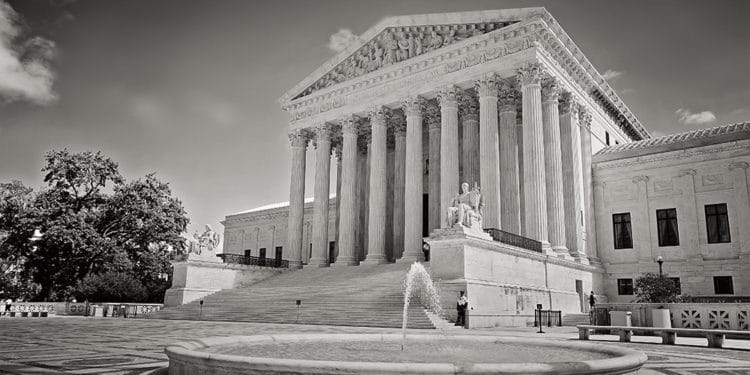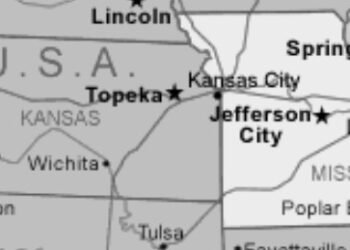The June decision in Knick v. Township of Scott, Pa. promises to reshape the property rights landscape, affirming property owners’ Fifth Amendment right to “just compensation” whenever property is taken by government for public use. Known as the “Takings Clause,” this area of law involves both eminent domain—the forced sale of private property from its owner to the government or another party for public use—and “regulatory takings,” which require compensation when a regulation of land goes “too far” in the eyes of a court and is deemed to effectively confiscate an interest in private property.
At issue in Knick was a local ordinance that aimed to make it easier for people to visit purported historic gravesites in the town. It did so by requiring property owners to allow officials and members of the public to pass freely over private land. Rosemary Knick is an elderly widow who objected to strangers wandering onto her farm property without permission, and so she filed a lawsuit in federal court, arguing that the regulation amounted to a taking of her property (an easement over the land for the benefit of the public) requiring due compensation. But the lawsuit was promptly dismissed according to a procedural rule called the Williamson County doctrine, a 35-year-old precedent (named after Williamson County, Texas, a party to the original lawsuit) that was well known to city attorneys as one of their best defenses against federal takings lawsuits.
In short, the Williamson County doctrine said that property owners may not sue a local government for a compensation in federal court until it had first sued in state court, pursued all appeals, and lost. The rule proved to be a disaster for plaintiffs — causing them to be pushed back and forth between state and federal courts for years, sometimes decades, most often to see their federal takings claims destroyed in the process of running a procedural gauntlet that tended to favor government agencies.
Since 1985, a chorus of academic voices and an increasing number of dissents from state and federal appellate judges joined property rights lawyers in seeking reconsideration of the procedural rules—ultimately gaining a hearing last year before the High Court.
The Knick decision overruled Williamson County, concluding that the latter “rest[ed] on a mistaken view of the Fifth Amendment,” one that “conflicts with the rest of takings jurisprudence,” and “impose[d] an unjustifiable burden on takings plaintiffs.”
Challenges ahead for cities
What is now being celebrated as relief by property owners may soon cause new challenges and liability for city planners. The bottom line of the Knick decision is that property owners may file federal takings claims directly in federal court, bypassing state procedures whenever they believe it to be to their strategic advantage. Federal judges often have a different perspective on the constitutional limits of local governments’ land-use and permitting authority than do local state judges.
Relatively few property owners won under the old rules, and cities have grown accustomed to batting away or exhausting challengers to land-use regulations of all kinds. Property owners are likely to sue quicker and more often under the new rules.
Property owners are likely to sue quicker and more often under the new rules.
Unlike the controversial “gravesite” law in rural Pennsylvania, urban lawsuits are more likely to involve claims of exclusionary zoning or the denial of building permits in areas where housing is in short supply and has become unaffordable. While some city leaders will lament the change, the new rules may also encourage reform-minded officials who aim to revitalize stagnating cities or encourage new housing by simplifying or eliminating rigid land-use restrictions.
The Supreme Court itself indicated that it sought to “restore takings claims to the full-fledged constitutional status the Framers envisioned,” preventing the Takings Clause from being relegated “to the status of a poor relation among the provisions of the Bill of Rights.”
Knick was the only major land-use case decided last year, and the Supreme Court has granted review of no additional property rights cases to date. It looks like the Court will wait for future terms to comment further on how property rights disputes should be resolved, now that it has swung the federal courthouse doors open to an increasing number of them. But cities should expect more challenges to land-use restrictions to be brought in federal court in the future.









What Missouri can learn from Kansas’s budget crisis